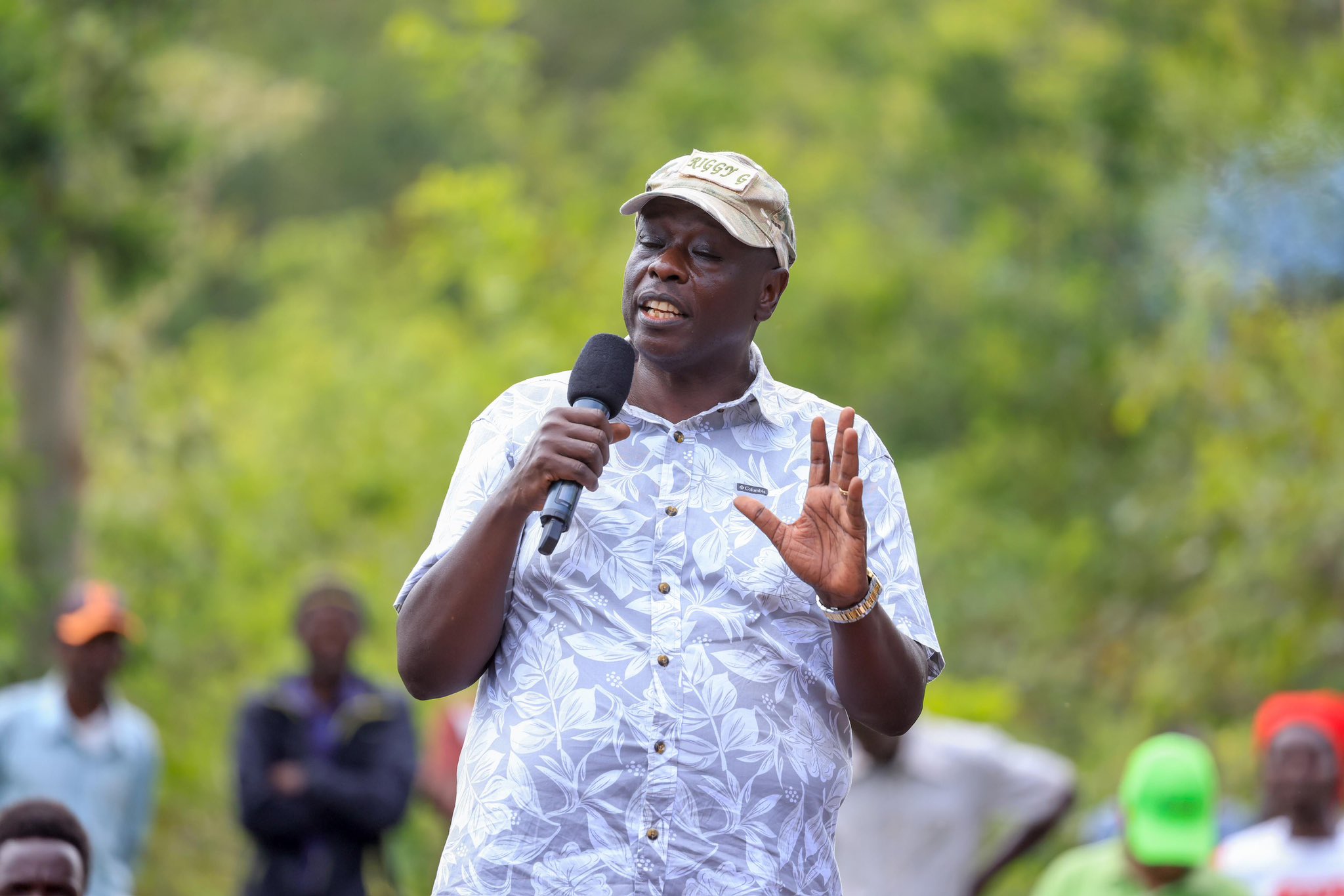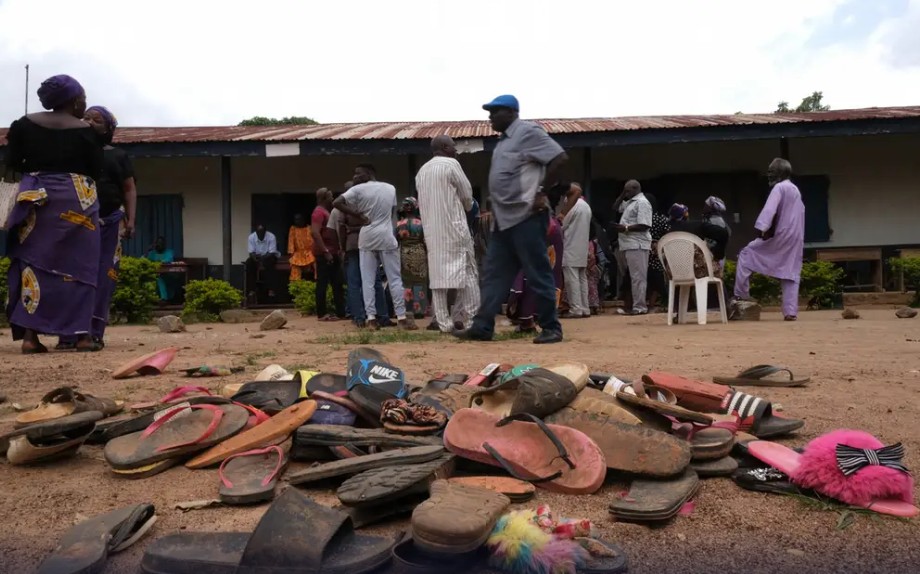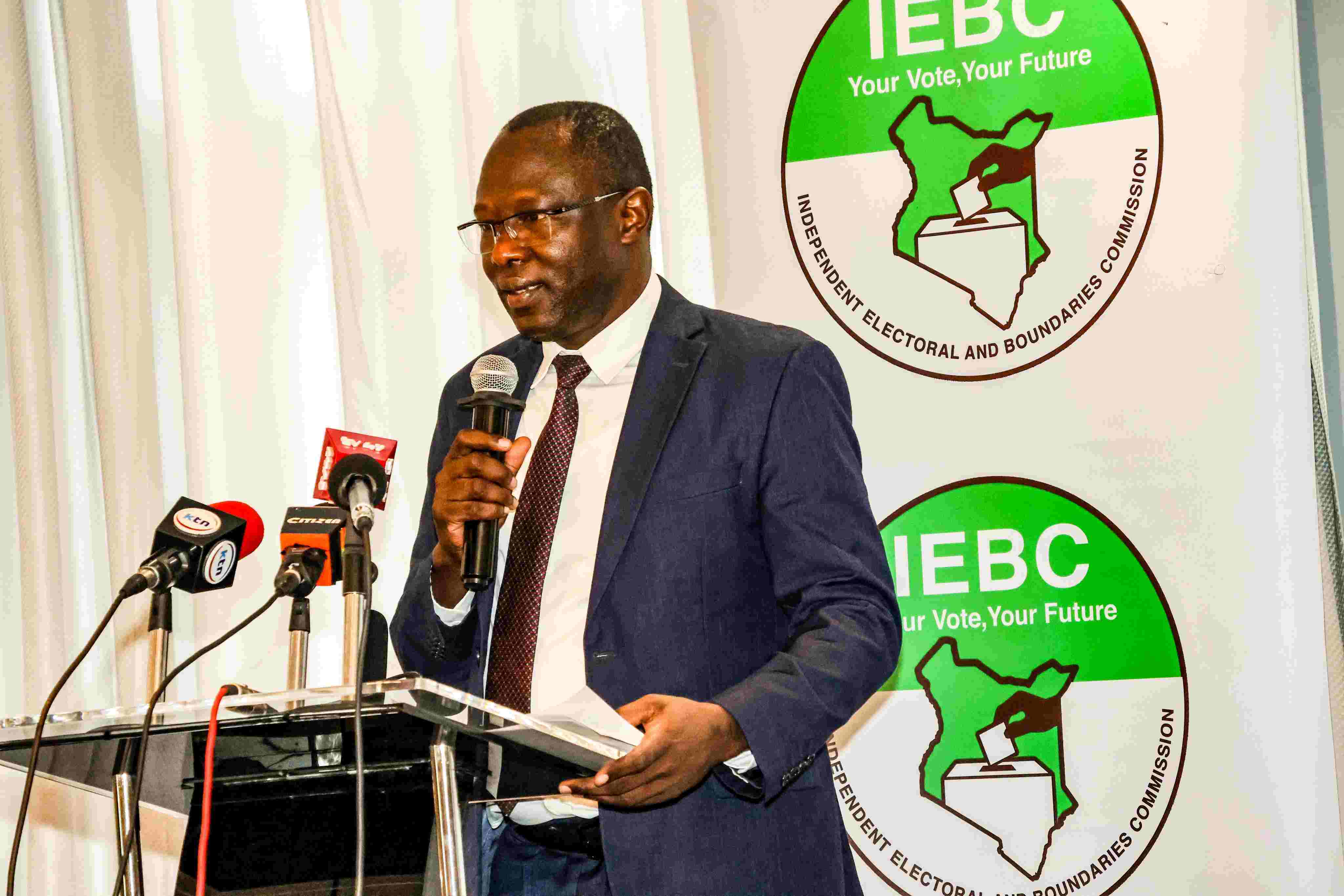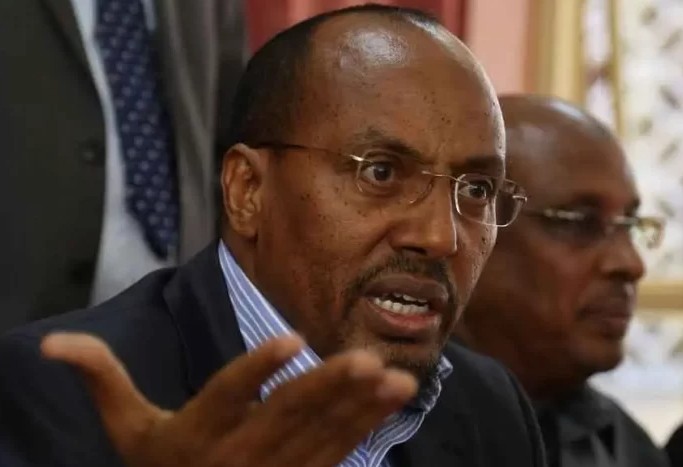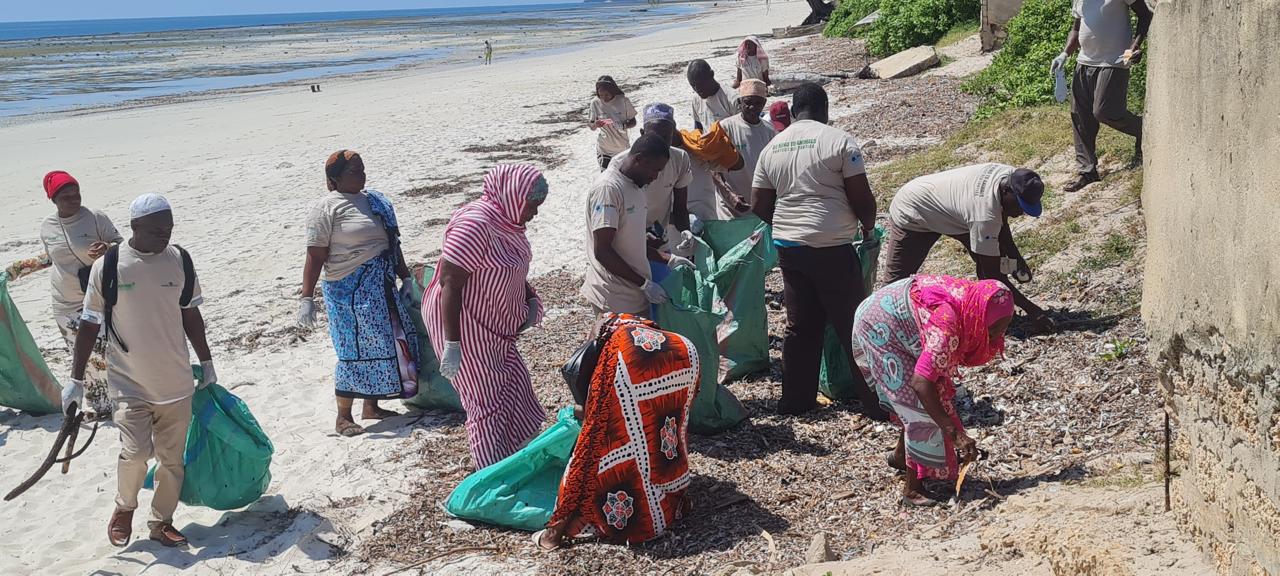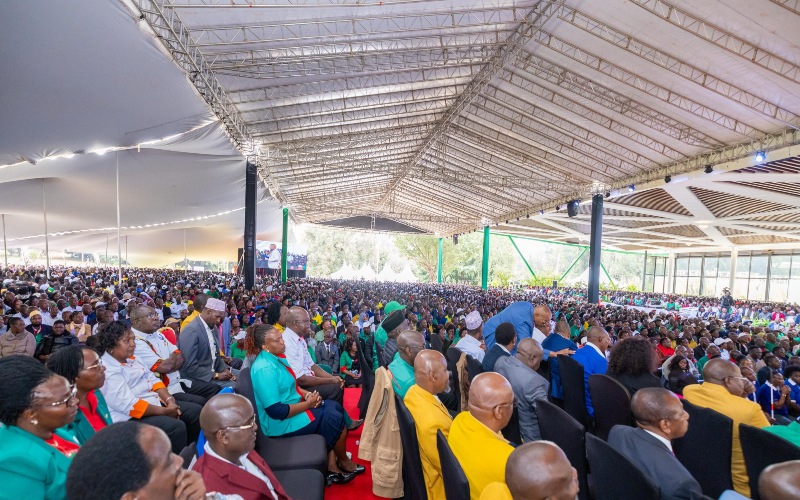World Bank warns Kenya on unsolicited PPP deals after Adani Group contract cancellations
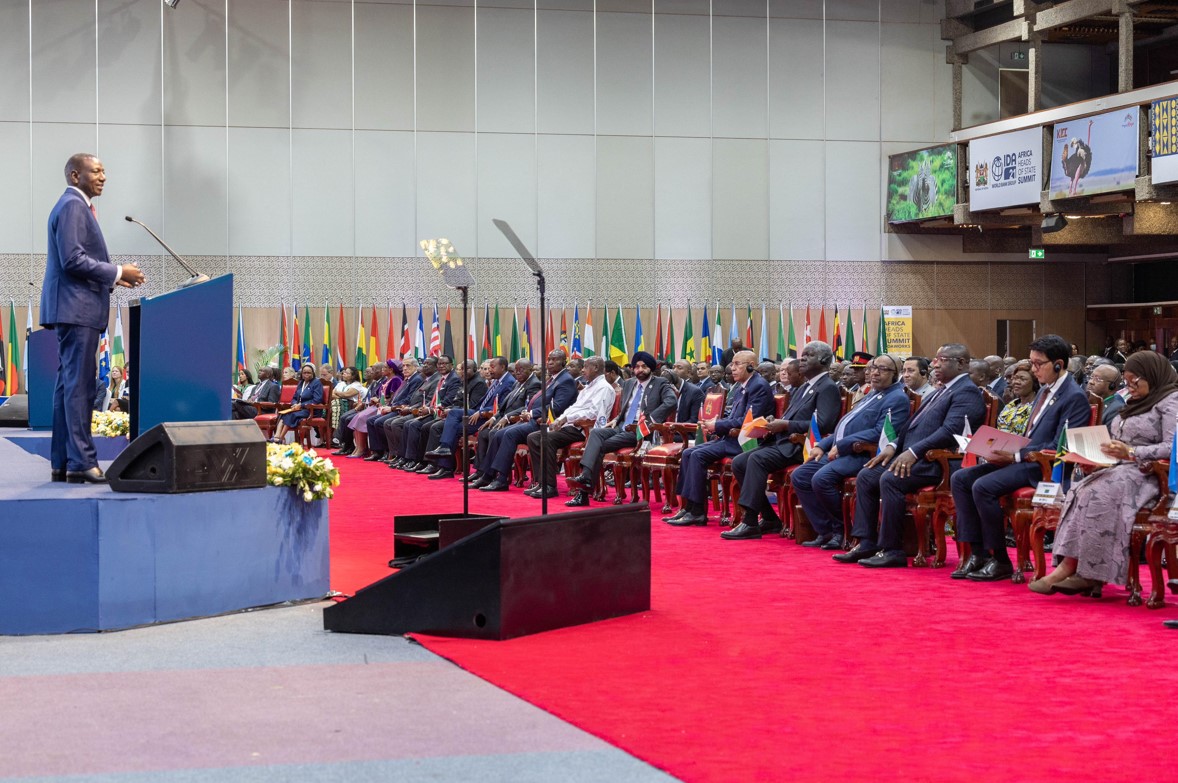
The World Bank warned that such practices could erode public trust and stoke protests.
Kenya’s approach to infrastructure development is under the spotlight after the World Bank raised concerns over unsolicited public-private partnership (PPP) proposals, warning that such practices could erode public trust and stoke protests. The caution comes in the wake of President William Ruto’s cancellation of Sh2.7 billion worth of contracts linked to India’s Adani Group.
The World Bank, Kenya’s largest foreign lender, has advised the government to prioritise competitively sourced PPPs over privately initiated proposals (PIPs). Investors have criticised PIPs for circumventing competitive bidding processes, often leading to secrecy and allegations of corruption.
More To Read
- World Bank urges Kenya to raise excise taxes to clear Sh526 billion pending bills
- World Bank raises Sub-Saharan Africa growth forecast to 3.8 per cent for 2025
- World Bank warns of 'lost decade' as global growth slows to three-decade low
- Sh438 million water agency loan default piles pressure on taxpayers eight years on, Auditor General warns
- World Bank withholds Sh96.93 billion loan to Kenya over delayed reforms
- World Bank unveils Sh16.5 billion initiative to empower Kenya’s vulnerable groups
“I think with PPPs, it’s very clear. International best practice leans on competitive tendering, and I think the same applies to Kenya,” said Marek Amush, the lead economist for the World Bank’s economic policy division in Kenya. His comments echo findings from the World Bank’s Kenya Economic Update report, published Tuesday.
The report highlights the need for governance and transparency in PPP project development. “Going forward, the country’s success in PPP projects will depend on putting in place effective governance, oversight, planning, and accountability,” the report notes, calling for strengthened practices around unsolicited proposals.
Despite these concerns, the World Bank acknowledges that PPPs remain critical for closing Kenya’s infrastructure gaps. “Kenya has a progressive PPP framework, implementation of which can be further strengthened, and an initial portfolio of promising PPP projects,” the lender stated.
The cancellation of Adani Group contracts has brought the issue of unsolicited proposals to the forefront. Under one proposed deal worth nearly $2 billion (Sh258 billion), Adani was to upgrade Jomo Kenyatta International Airport (JKIA), including adding a second runway, in exchange for a 30-year lease. Another deal involved a $736-million (Sh95 billion) contract for building electricity transmission lines and base stations.
Public opposition
However, these projects faced significant public opposition and legal challenges even before President Ruto’s intervention. The pivotal moment occurred when Gautam Adani, the founder of the group, became embroiled in a U.S. bribery scandal, which involved alleged payments of $265 million (Sh34.2 billion) to Indian government officials.
 National Treasury and Economic Planning Cabinet Secretary, John Mbadi, Principal Secretary Chris Kiptoo, and Central Bank Governor Dr. Kamau Thugge engaged in critical discussions with IMF First Deputy Managing Director Gita Gopinath during a past World Bank Group (WBG) and International Monetary Fund (IMF) Annual Meetings. (X/National Treasury)
National Treasury and Economic Planning Cabinet Secretary, John Mbadi, Principal Secretary Chris Kiptoo, and Central Bank Governor Dr. Kamau Thugge engaged in critical discussions with IMF First Deputy Managing Director Gita Gopinath during a past World Bank Group (WBG) and International Monetary Fund (IMF) Annual Meetings. (X/National Treasury)
With public debt now consuming over 65 per cent of Kenya’s annual tax revenue in service costs, the government has shifted its focus to PPPs to finance mega projects such as highways, power plants, and airports. “Closing infrastructure gaps remains a priority in Kenya, and the government is increasingly looking to draw on the private sector’s innovation, efficiency, and financing solutions,” the World Bank stated.
Kenya’s public debt has surged over the past five years, driven by heavy borrowing for infrastructure projects. According to the Treasury's records, they have approved 39 PPP projects worth an estimated $13 billion (Sh1.68 trillion), and they have already signed contracts worth Sh136 billion. The PPP pipeline includes 29 additional projects valued at Sh1.4 trillion ($11 billion), highlighting the government’s reliance on private capital to bridge funding gaps.
The government's list of PIPs includes the Chinese-funded Nairobi Motorway, which a Chinese firm will manage for 30 years before the state takes control. Other notable unsolicited PPPs include the Second Nyali Bridge and the Nairobi-Mombasa Motorway.
However, past projects like the Kimwarer and Arror dams have also underscored the risks associated with PIPs. PPP frameworks are now reviving these projects, terminated due to irregular loan deals, in an attempt to mitigate prior controversies.
Kenya's reliance on loans for budget support has significantly increased the World Bank's influence on the country's economic policy. Kenya’s unpaid loans to the World Bank stand at Sh1.8 trillion, up from Sh692 billion in 2019.
This financial dependency has led to stricter conditions from the lender, including a push for reforms in PPP governance. "The government has mobilized an estimated Sh129.3 billion ($1 billion) in private capital," the World Bank revealed, underscoring the importance of adhering to global best practices in project tendering.
The World Bank’s warnings come at a pivotal time for Kenya. As the government prepares to implement mega projects across various sectors, including reviving the stalled Galana Kulalu Food Security Project, it faces mounting pressure to ensure transparency and value for money in its PPP engagements.
By strengthening governance and accountability, Kenya has the opportunity to restore public confidence and attract sustainable investments. “The future of PPP projects in Kenya depends on predictability and confidence in the development process,” Marek Amush emphasised.
Top Stories Today


